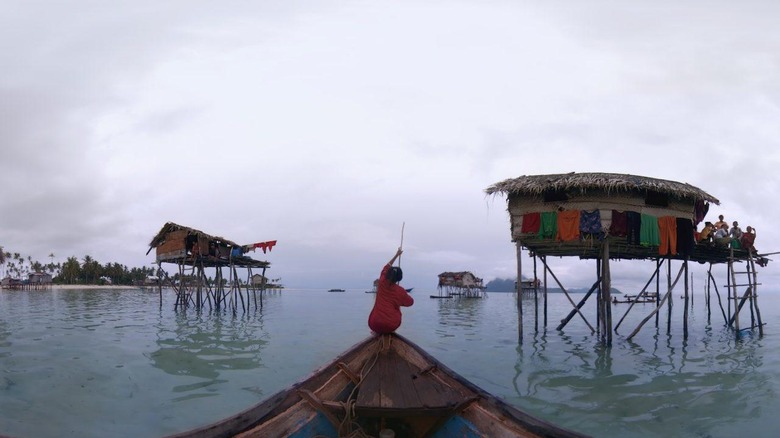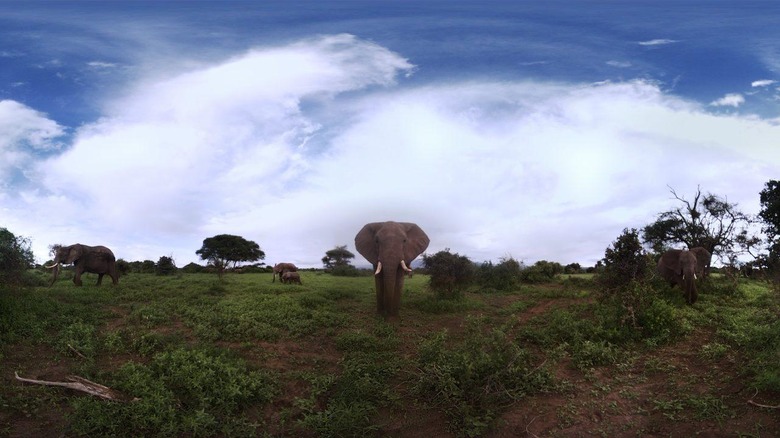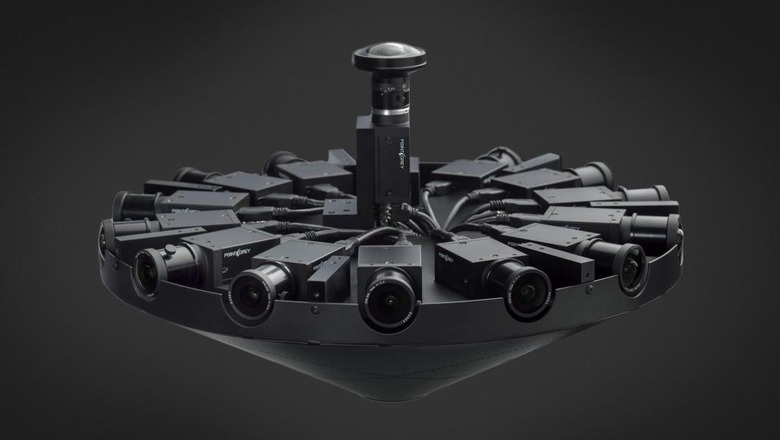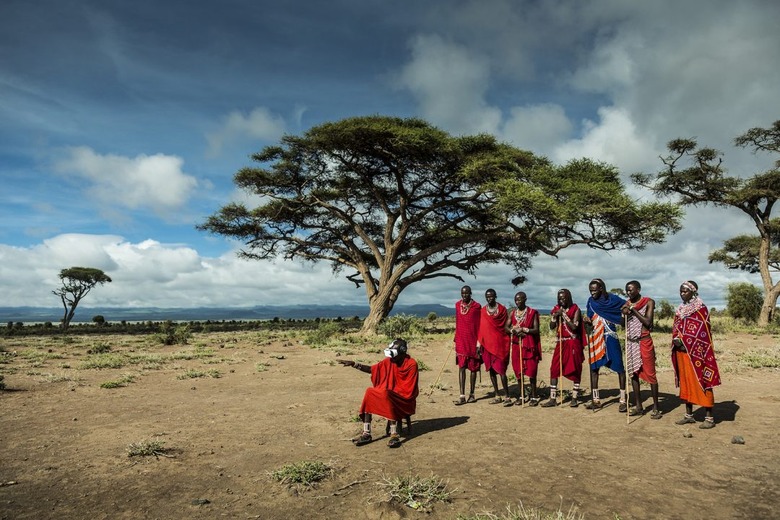With Nomads For Gear VR, Oculus Embraces New Age Of Film
When going to the movies involves strapping a virtual reality headset to your face, you have to be delivering more than the local IMAX, but Oculus is confident a new golden age is almost upon us. Released today, Felix & Paul Studios' Nomads app for the Gear VR takes what has, until now, been a fairly gaming-focused device and turns it into an anthropological safari.
It's the handiwork of Félix Lajeunesse and Paul Raphaël, three cinematic VR experiences that individually take you into the Great Rift Valley in southern Kenya and northern Tanzania to live with the Maasai, to the seas and oceans of South East Asia to sail and hunt with the Bajau sea nomads, and to the Mongolian pastures where herders keep the traditions of yak farming alive.

The studio took its own, custom 360-degree camera out into the wild to film the first three episodes of what's intended to be an ongoing series, not to mention developing its own viewer app for the Gear VR. It's the first time the trio of experiences have been available to consumers.
Nomads is initially available as a free download from the Oculus Store for Gear VR, but the studio says that eventually it will be released for Rift in 6k resolution.
Gear VR is no stranger to mobile video. According to head of video Eugene Wei, over two million hours of video has been watched by Gear VR users – it'll soon be three million, he says – and 80-percent of users engage in some sort of video content.

What that's skewed toward until now, however, has been 2D video. Gear VR has hundreds of traditional 2D movies to buy or rent through Oculus Home, along with app-delivered entertainment from services like Netflix. What's been slower to gain traction is content which actually takes advantage of the VR environment, and that's required some investment from Oculus itself.
That doesn't necessarily mean cash, mind: one of the ways Oculus finds itself helping would-be VR filmmakers is when it comes to their workflow. Although there's plenty of interest from big studios and directors, the company says, there's also a lot of confusion about how best to shoot 360 content so that it makes the most of the format but, perhaps more importantly, doesn't leave viewers feeling sick.
"It's not like regular video," Wei argues, "where everything has been figured out."

That can mean simple things like avoiding the dramatic, swooping shots that are commonplace in modern film and TV, since they can leave viewers physically uncomfortable in a VR environment. However, it's also about developing a new "visual grammar", Wei says, that recognizes "it's hard t tell stories in 360 video."
Initially that may well mean that more experiential – rather than story-based – content dominates. Nomads, for instance, doesn't attempt to deliver a scripted journey, instead putting you in the midst of different groups and in a range of environments and effectively leaving you to visually explore them.
Still, there are many who are pushing the envelope, though it's not necessarily a straight transition from 2D movie-making to 3D, to VR. In fact, Wei says, theater directors and architects often have a better grasp, at least initially.
"It's like putting someone into an experience," he explains, and that calls on skills at staging.
There's a technological flip-side, of course. While the creatives have to get the engaging content right, the hardware has to be conducive to consuming it.

"There are people already spending hours in VR," Oculus head of mobile Max Cohen points out, "I think as technology gets better, things will improve like ergonomics, lens clarity. The more comfortable it is, the longer people can spend inside it."
NOW READ: Facebook is bringing 360 Photos to the timeline
Just as with virtual reality gaming, though, just having to put on a headset of any kind – no matter how ergonomic – is a barrier more traditional entertainment like a regular TV doesn't suffer. It's not enough for any VR content to be on a par with, or just a little better than, the mainstream alternative.
"The secret is," Cohen concludes, "it can't just be slightly better than other experiences."
